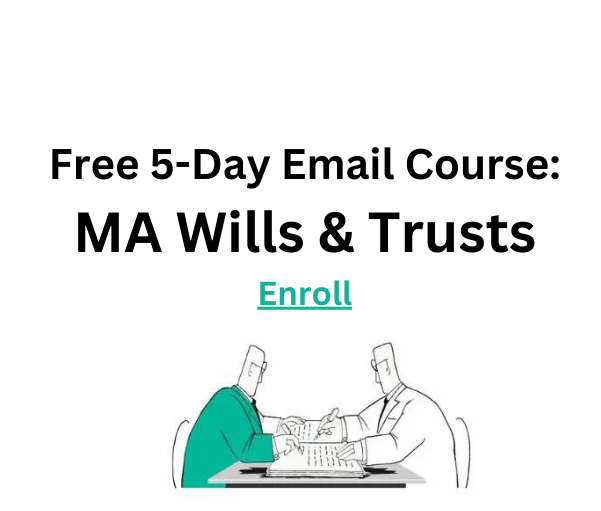MA WILLS AND TRUSTS: The Only Law We Practice.
|
Contact Us
|
Lexington, MA Office
33 Bedford Street, Suite 13 Lexington, MA 02420 (781) 863-8606 [email protected] Get Directions Monday - Friday: 9am-5pm Saturday/Sunday: CLOSED |

